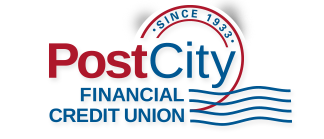Copyright © 2024 PostCity Financial Credit Union. All rights reserved.
Email Fraud
Top Tips to Prevent Email Fraud (Also Called Phishing)
Phishing is the creation of an email message that appears to be sent from a reputable financial institution or company. The intent of phishing is to fish for personal information (credit card numbers, bank account information, Social Security number, passwords, etc.) from unsuspecting victims, which criminals then use to commit fraud or identity theft.
- Learn to spot phishy emails. Here are a couple of examples of phishing:
- "During our regular verification of accounts, we were unable to verify your information. Please click here to update and verify your information."
- "Your credit card will be cancelled, if we are unable to verify your personal information today."
- Your financial institution will never ask you to send your passwords or personal information by email. Never respond to these questions and, if you have the slightest doubt, call your financial institution directly for clarification.
- Never go to your financial institution's Web site by clicking on links included in emails. Do not click on hyperlinks or links attached in the email, because it may direct you to a fraudulent Web site. Type the Web site address directly into your browser or use your preset bookmarks.
- Enhance the security of your computer. Keep your computer protected with high-quality, up-to-date antivirus software to block attacks.
- Enter your sensitive data in secure Web sites only. In order for a site to be safe, it must begin with https:// and your browser should display an icon of a padlock.
- Periodically check your accounts to spot any irregularities or fraudulent activity.
- Phishing doesn't only pertain to online banking. Most phishing attacks are against financial institutions, but not all. Phishing scammers can also pretend to be department stores, government agencies or sites, such as PayPal or Facebook.
- Phishing can reach you in any language. Some phishing emails are poorly written or translated. This may be another indicator that the email is fraudulent.
- If you have the slightest doubt, don't risk it. The best way to prevent phishing is to consistently reject any email or other type of request (uninitiated by you) that asks you to provide confidential information.


